Nepal welcomes John for a Fall visit
ChitwanNP_JLK.jpeg
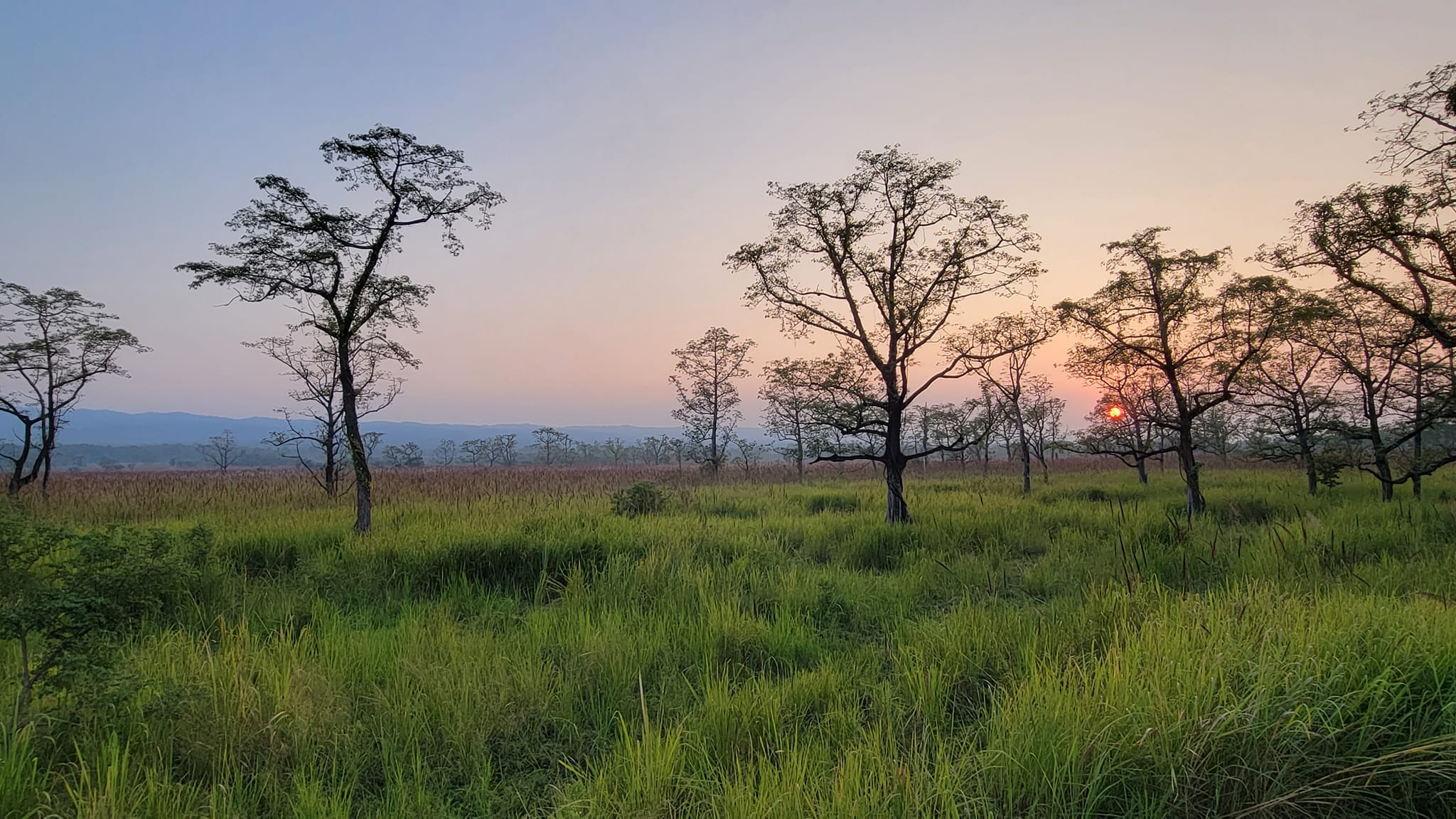
This fall, John traveled to Nepal to meet up with soon-to-be graduate students Ajay Karki and Abdul Ansari, as well as several other conservation partners to discuss tiger conservation in Nepal. Both Karki and Ansari are planning to focus their PhD projects on tiger conservation, using GPS collars and wildlife cameras to learn more how tigers use resources and navigate the landscape in Nepal, as well as how climate change may affect tigers and the ecosystems they live in.
KCLRers.png
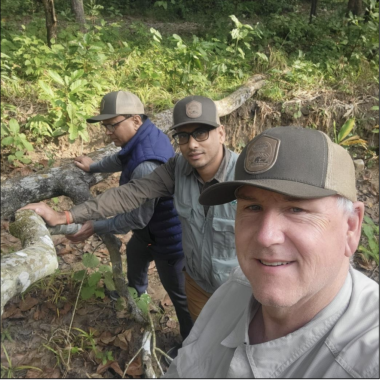
Karki and Ansari showed John around Chitwan and Parsa National Parks, discussing the logistics of wildlife cameras and GPS collaring. John also met with several conservation partners to discuss linkages between tiger conservation and local livelihood opportunities. Throughout their travels, they saw many wildlife species, including rhinoceros, sambars, Tibetan macaques, crocodiles, and many bird species.
On this trip, they were also able to meet up with a veterinarian team and dart their second tiger for collaring! Using a visual deterrent to keep the tiger contained, a team on elephant back tranquilizes the tiger so that a collar can be fitted. After collaring, the tiger is released in a safe area and monitored for a short period to ensure that the tiger awakened safely from the anesthesia and that the collar is functioning properly.
Darting Team_JLK.png
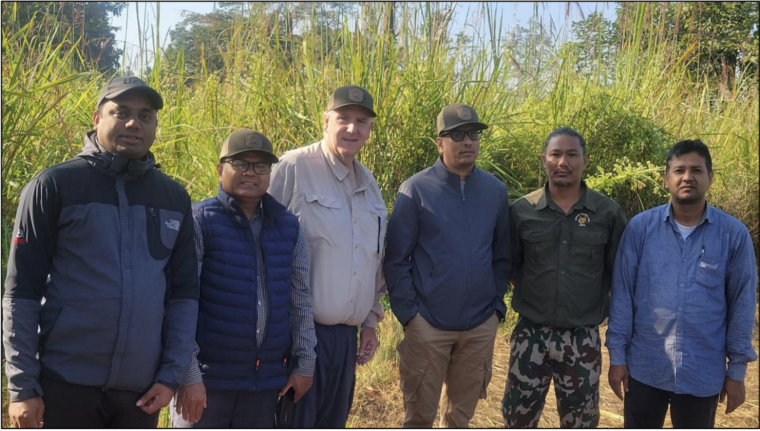
DartingTeam2_JLK.png
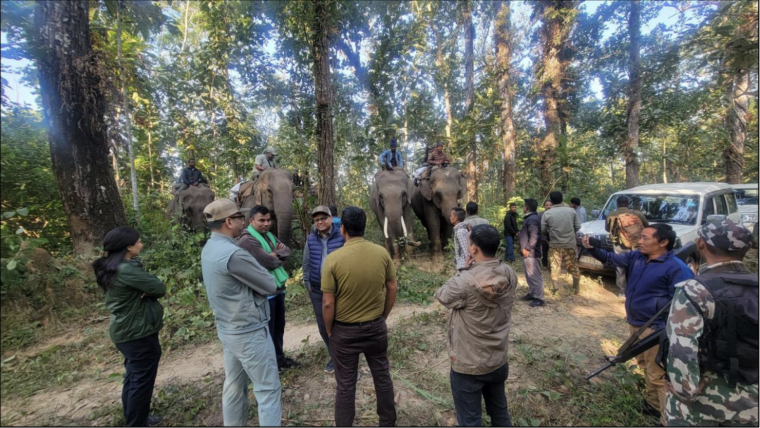
After a very exciting week of touring Nepal and darting tigers, John was able to close out a memorable trip by visiting Everest’s South Base Camp exploring Mt. Everest (Sagarmāthā) by helicopter. In the Himalayas, the effects of climate change are easily recognized, and Everest is not immune, as shown by the depleting ice on the mountain slopes in John’s photo below.
Everest_JLK.jpeg
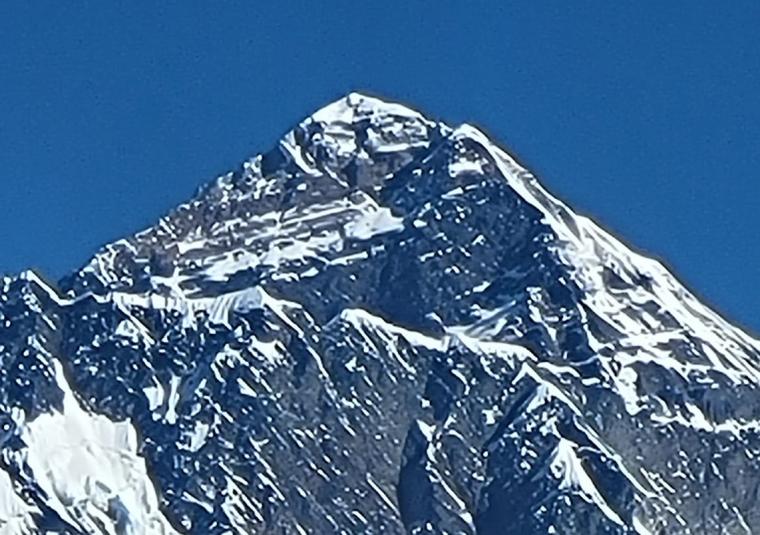
A very productive and fulfilling visit overall, KCRL is very fortunate to have so many partners that are equally passionate about conservation!

